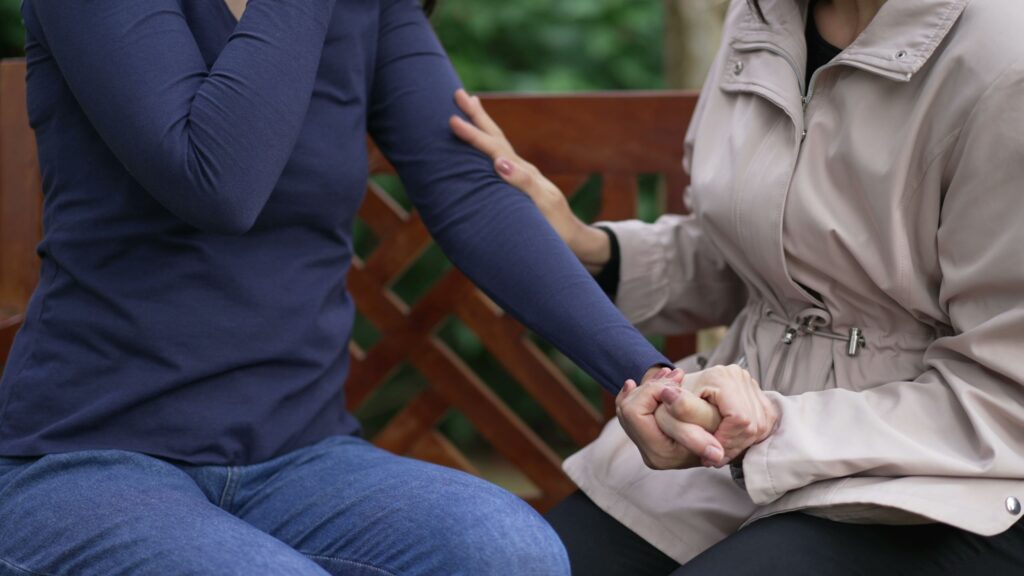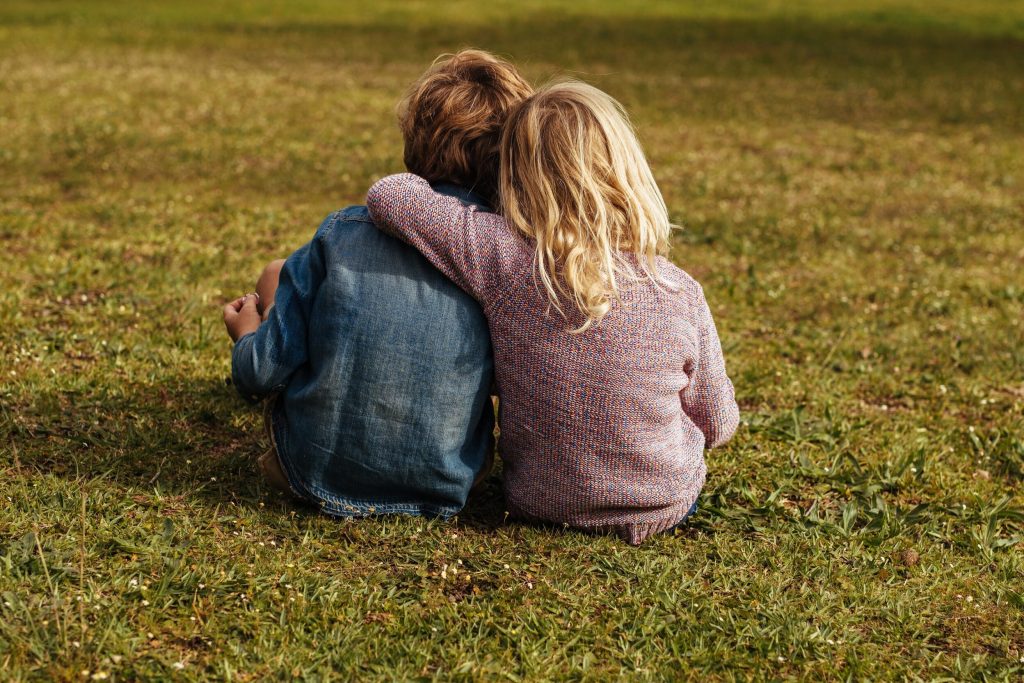
School Services Open Day 2025
Are you passionate about making a difference in the lives of young people? If so, then The Spark’s School Services Open Day is the perfect opportunity for you to explore a fulfilling career supporting children and young people in educational settings. Join us for an in-person event where you’ll gain a comprehensive understanding of who…
/

The Weight We Carry: Rethinking Our Relationship with Stress
Feeling the weight of stress? Rethink your relationship with it. Learn practical ways to carry life’s pressures without letting them crush you.
/

Do We Need to Forgive to Move On?
Forgiveness is one of those things we’re told is good for us, like drinking more water or getting eight hours of sleep. It’s framed as the key to moving on, the secret to emotional freedom. Yet for anyone who has been deeply hurt, forgiveness doesn’t feel that simple. Maybe it’s been years, and the thought…
/

Tips to Support Someone Who is Grieving
When someone you care about experiences a loss, it can be difficult to know how to best support them. This article offers practical tips to help you navigate this sensitive time.
/

An Unconventional Valentine’s Gift
Although Valentine’s Day provides an opportunity for many couples to celebrate their love and commitment to one another, for others it can be a stark reminder that being in a relationship can be tough. While flowers, chocolates and fancy dinners are all lovely gestures, what if there was a gift that can truly enhance your…
/

3 Exam Myths Busted
Exams are on the horizon for young people up and down the country. So we decided it was time to bust a few exam myths that can create unnecessary stress and anxiety before exams. Poor exam results will ruin your life Exams are a part of your development and growth as an individual. They are…
/

Turning Bad Exam Stress into Good Exam Stress
Is there such a thing as good exam stress? If you are in your fourth or fifth year at high school, you may be experiencing exams for the first time. You will have had tests – and plenty of them – in the past, but this is different. Instead of sitting in a classroom surrounded…
/
Need some support?
Make a therapy enquiry today and get the support you need.








